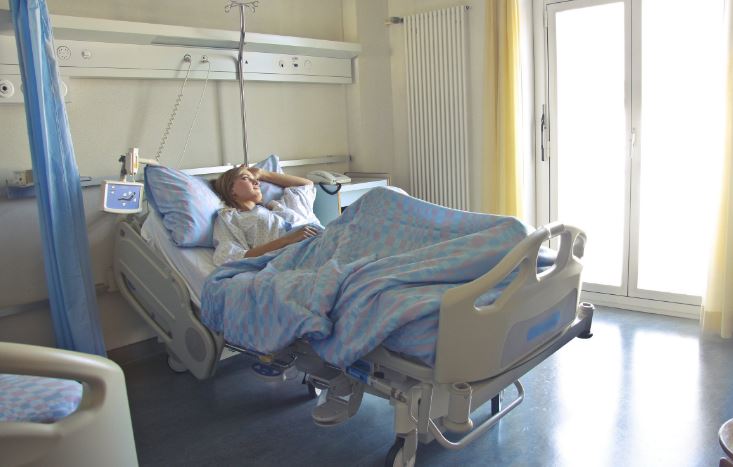|
Press Release
FOR IMMEDIATE RELEASE: July 2, 2020
MDHHS CONTACT: Lynn Sutfin, 517-241-2112, [email protected]
MAAS CONTACT: Laura Biehl, 248-921-5008, [email protected]
State’s chief medial executive urges Michiganders not to delay emergency care
Data shows alarming increase in out of hospital deaths between March and May 2020
LANSING, Mich. – To help combat the alarming increase of out-of-hospital medical emergencies and deaths that occurred in Michigan this spring, Dr. Joneigh Khaldun, Michigan Department of Health and Human Services (MDHHS) chief medical executive and chief deputy for health, is urging residents not to avoid seeking help in a medical emergency.
“It is incredibly important that people not delay care, especially if they are having concerning symptoms like chest pain, difficulty breathing or dizziness,” Khaldun said. “Hospitals and EMS providers are working hard to keep patients safe, so please contact them if you are having a medical emergency.”
Data from Michigan EMS agencies from March 15 to May 23, 2020 compared to the same period in 2019, show:
- Out-of-hospital cardiac arrests increased 43.3 percent.
- Out-of-hospital deaths recorded by EMS increased 62 percent.
- Statewide EMS transports decreased 17 percent.
- Transports of heart attack (or STEMI) patients decreased nearly 10 percent.
- Transports of stroke patients decreased 12.1 percent.
Michigan’s EMS providers are prepared to safely care for patients with additional protective gear and disinfecting protocols in place, according to Michigan Association of Ambulance Services (MAAS).
“Medical emergencies have not gone away during the pandemic and Michigan EMS providers are standing by to help Michiganders safely get the lifesaving help they need,” said Jack Fisher, MAAS president and executive director of Medic 1 Ambulance in Berrien County. “Every minute counts in a medical emergency and we hope this alarming trend of people avoiding care and dying needlessly doesn’t continue.”
Nationally, the Centers for Disease Control and Prevention reported emergency department visits declined by 42 percent during the early months of the pandemic with a 23 percent decrease in emergency visits for heart attacks and a 20 percent decrease for stroke in the 10 weeks following the declaration of a national emergency due to COVID-19. |
Data shows alarming increase in out of hospital deaths between March and May 2020
LANSING, Mich. – To help combat the alarming increase of out-of-hospital medical emergencies and deaths that occurred in Michigan this spring, Dr. Joneigh Khaldun, Michigan Department of Health and Human Services (MDHHS) chief medical executive and chief deputy for health, is urging residents not to avoid seeking help in a medical emergency.
“It is incredibly important that people not delay care, especially if they are having concerning symptoms like chest pain, difficulty breathing or dizziness,” Khaldun said. “Hospitals and EMS providers are working hard to keep patients safe, so please contact them if you are having a medical emergency.”
Data from Michigan EMS agencies from March 15 to May 23, 2020 compared to the same period in 2019, show:
- Out-of-hospital cardiac arrests increased 43.3 percent.
- Out-of-hospital deaths recorded by EMS increased 62 percent.
- Statewide EMS transports decreased 17 percent.
- Transports of heart attack (or STEMI) patients decreased nearly 10 percent.
- Transports of stroke patients decreased 12.1 percent.
Michigan’s EMS providers are prepared to safely care for patients with additional protective gear and disinfecting protocols in place, according to Michigan Association of Ambulance Services (MAAS).
“Medical emergencies have not gone away during the pandemic and Michigan EMS providers are standing by to help Michiganders safely get the lifesaving help they need,” said Jack Fisher, MAAS president and executive director of Medic 1 Ambulance in Berrien County. “Every minute counts in a medical emergency and we hope this alarming trend of people avoiding care and dying needlessly doesn’t continue.”
Nationally, the Centers for Disease Control and Prevention reported emergency department visits declined by 42 percent during the early months of the pandemic with a 23 percent decrease in emergency visits for heart attacks and a 20 percent decrease for stroke in the 10 weeks following the declaration of a national emergency due to COVID-19. |


